On the occasion of the 80th anniversary of National Day (September 2, 1945 - September 2, 2025) and the 80th anniversary of the establishment of the Government (August 28, 1945 - August 28, 2025), former Minister of Posts and Telecommunications Do Trung Ta shared his insightful thoughts on the leadership and management role of the Government through the periods. According to him, the Government's wise and drastic decisions and breakthrough mechanisms have become the key driving force, creating the country's development miracle, especially in the field of Posts and Telecommunications.
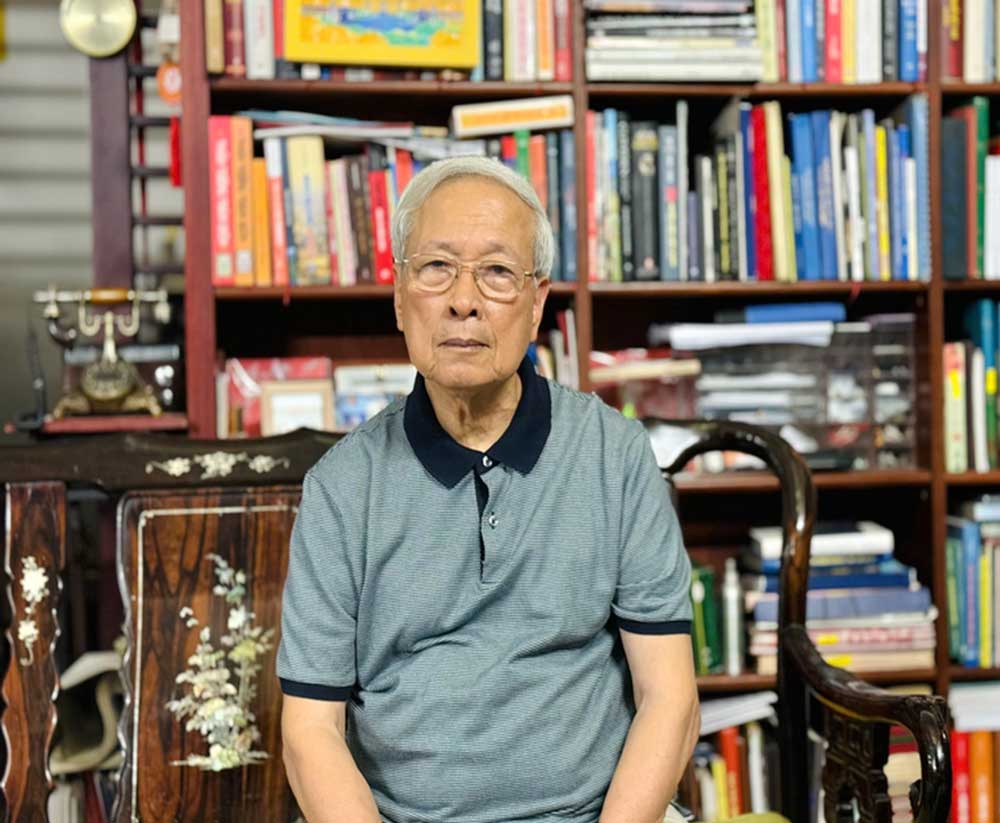 |
| Former Minister of Posts and Telecommunications Do Trung Ta - Photo: VGP/Thu Giang |
During the discussion, former Minister Do Trung Ta also gave his views on four key pillars for Vietnam to break through and develop sustainably in the digital age. To rise, Vietnam must not only inherit international quintessence but also contribute its unique values to the world .
Former Minister Do Trung Ta: Looking back at the past 80 years, we can see that the role of the Government through the periods has been extremely important. The Government has always closely followed the Party's guidelines and policies, thereby proposing appropriate strategies, policies and mechanisms to mobilize the combined strength of the entire people.
In particular, the Government has demonstrated great intelligence and determination in leading the country to overcome numerous difficulties, from war and poverty, to achieve great achievements like today and firmly step into the new era.
During my career, I had the opportunity to work with many Prime Ministers as Minister of Posts and Telecommunications, and then as the Prime Minister's Envoy on Information Technology. What I always deeply feel is that the Prime Ministers always pay attention, trust, support and create conditions for staff like us to develop our full potential. In you, I clearly see the spirit of dedication to the country, regardless of personal interests. It is that dedication that has aroused and gathered the intelligence and strength of the whole society, creating breakthroughs in each stage of development.
Former Minister Do Trung Ta : Right from the founding of the country, Uncle Ho identified the Postal sector as the information lifeline, ensuring the Party's leadership and coordinating forces.
During the two resistance wars, with the spirit of "breaking a rope is like breaking a gut, breaking a pillar is like breaking a bone", the sector did not spare blood and bones to maintain communication, contributing to the final victory. The Postal sector is also one of the sectors with a very large number of martyrs, perhaps only after the Army and the Police.
We will always remember the event when the two regions' postal services merged and issued a stamp with the S-shaped symbol, completely erasing the dividing line at the 17th parallel. This historic stamp, issued in July 1975, was a strong declaration to the world about a completely unified Vietnam.
Immediately after the country's reunification, the industry quickly restored and connected North-South information with a 2,000 km copper wire, although each pair of wires at that time could only handle 15 simultaneous calls. Just a few years later, we built a ground satellite station connecting the Intersputnik network with the Soviet Union, ensuring information with socialist countries; accessing advanced analog switchboard technology from Germany at that time. At the same time, Vietnam also used the capacity of Intelsat satellite to maintain information with countries outside the socialist bloc, expanding communication channels to the world.
Entering the Renovation period, in the context of the country still facing many difficulties, the industry took the lead in the renovation process. This was also the first economic sector to be awarded the Gold Star Medal. This shows the special position of the industry: It is both a logistics sector, an economic sector, a foundational service for other sectors and most importantly, it makes a great contribution to the direction of the Party and the State.
I would like to emphasize the historic decisions of the Government that created a turning point for the industry. Among them is the strategy of "Going straight to digital technology". At a time when Vietnam's telephone density was only 18 phones/1,000 people, the Government's support for this bold policy was an extremely courageous decision. We dared to abandon very new analog equipment to invest in digital technology, a step that even many developed countries at that time had not yet thoroughly implemented.
That determination was fueled by another breakthrough mechanism, which was “Self-borrowing, self-paying”. In 1987, the Postal Service asked the Government for permission to abandon the state budget and become financially autonomous. This was a breakthrough decision, unleashing creativity and giving the industry resources to invest heavily in infrastructure. The Government not only agreed but was also willing to guarantee the loans with national assets, demonstrating absolute trust; however, the industry has grown on its own without needing that guarantee.
To have resources, we have implemented the policy of "using the outside to support the inside" and opened up to international cooperation. With a clever foreign policy mindset of "putting aside the past and looking towards the future", the Government has created conditions for the industry to cooperate with all partners, from traditional partners to countries that were once on the other side of the battle line such as the US, South Korea, Japan... We have turned enemies into friends, taking advantage of their technology, management experience and capital to modernize the network. This policy not only helps us to have modern technology but also reduces equipment costs by 20-30% thanks to competition.
In particular, the opening of the Internet must be mentioned. In 1996, the Party Committee of the General Post Office submitted to the Central Committee and received support from the Government for opening the Internet. Prime Minister Phan Van Khai directed that all procedures must be completed within one year. Thanks to that, Vietnam launched Internet services in November 1997, creating a real revolution in information. In addition, the Government was one step ahead when it directed the introduction of computers into schools from 2004, and researched IPv6 from 2005, creating a solid foundation for the explosion of the Internet later.
Another milestone is the Government's strong leadership and strategic vision, which contributed to the successful realization of the Vinasat-1 satellite launch project in 2008, marking an important historical milestone, helping Vietnam complete its telecommunications system including both ground and space, reducing its dependence on foreign satellites.
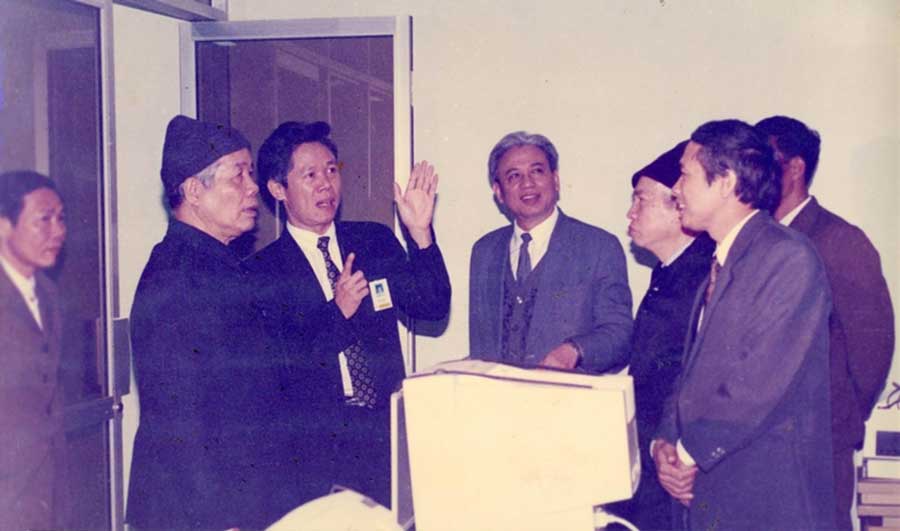 |
| General Secretary Do Muoi visits the postal industry's information cable production line in 1994 - Photo archive |
Flexible in operation, creating a competitive environment
Former Minister Do Trung Ta: My deepest impression is the Government's listening and support. There has never been a proposal submitted by the industry that has been blocked. The Government always listens, shares and makes decisions decisively. The Postal Development Acceleration Strategy for the period 1993-2000 is a clear example. The Postal Industry aims to strongly develop telecommunications infrastructure and services. However, after only the first 2 years of implementation (1993-1995), the basic targets that the strategy had planned for the entire 5 years were completed.
The Government is also very flexible in adjusting the mechanism. Given the specific characteristics of the industry, if the Law on Bidding was applied rigidly at that time, it would cause many difficulties. The Government listened and proposed to change the law to be more suitable, creating conditions for the industry to develop.
Thanks to that trust and facilitation, the industry has trained a team of specialized staff, mastering technology from fiber optic cables, digital transmission, microwave to digital electronic switchboards...
The government also creates a healthy competitive environment. Allowing Viettel to be established and creating initial conditions for this enterprise to stand firm before entering fair competition is a proof. Thanks to that, both enterprises VNPT and Viettel benefit, together bringing the country forward, creating a dynamically developing telecommunications market.
It can be said that the achievements of the Post and Telecommunications and Information Technology sector today, from a backward sector to a pillar of the digital economy, all have a deep imprint of the leadership, direction and strong support from the Government. That is the pride not only of the sector but also of the whole country.
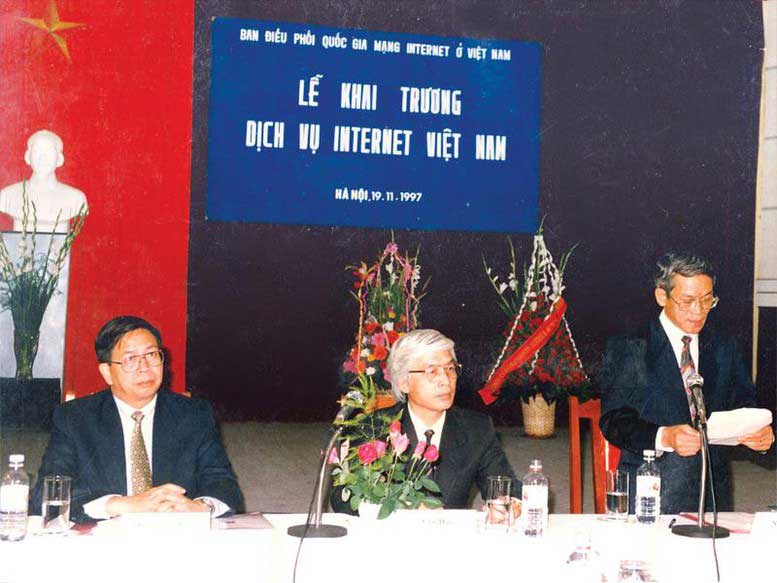 |
| Vietnam Internet service launch ceremony on November 19, 1997 - Photo archive |
Four strategic pillars for Vietnam in the digital age
Former Minister Do Trung Ta: I would like to not speak too broadly, but go straight to the core issues that are the driving force for national development in the context of the digital age. Science and technology are always identified as the foundation, with strategic areas requiring the cooperation of the whole country. In that context, I have thought and summarized 4 pillars that I believe will be a strong driving force for Vietnam's development in the coming period.
The first and most fundamental pillar is the smartening of digital infrastructure. In the past, we talked a lot about telecommunications infrastructure. Now, the requirements are much higher. We need a smart digital infrastructure, which must be a common system for all fields, capable of self-repair, self-optimization, harmony and close connection with each other.
We have made great strides: Internet, satellites, fiber optic cables... have helped service quality no longer depend on distance, information can reach everywhere regardless of terrain. But when the administrative apparatus is streamlined, one level of government (district level) is cut, the burden of work will be shifted to the remaining levels. At this time, information technology and innovation must "run in" to fill the gap, to ensure that work efficiency does not decrease.
Digital infrastructure must be strong enough for strategic technology products to be deployed nationwide, avoiding the situation where software is "different in each place", not synchronized, and not interconnected. This is the foundation for digital resources - the most important resource in the new era - to be exploited most effectively.
The second pillar is to intellectualize the workforce and the entire population. When digital transformation has penetrated deeply into each citizen, we need a true "digital literacy campaign". All citizens must become digital citizens, regardless of their level of education, but all must understand and apply technology to work and life.
In the context of an aging population and a declining birth rate, technology will have to shoulder part of the role of care and support. Training must become an intrinsic need of society. The State needs to have breakthrough mechanisms such as free tuition and comprehensive health care to create a generation of smart, healthy citizens capable of lifelong learning. This is an extremely important task, affirming the leading national policy role of education - training and science - technology.
The third pillar is globalization in terms of potential. Globalization is not a one-way street. We cannot just inherit the world's quintessence and technology without contributing anything in return. Vietnam must proactively bring Vietnamese traditions, heritage, culture and identity to the world.
In particular, in the IT industry, I propose a breakthrough mindset: the "from Z to A" development strategy. Instead of going from A (components) to Z (finished products) as in the tradition, let's master the most important thing, Z: ideas, designs, software, and overall solutions. That is our intelligence, our core value. As for hardware and components (A), we can buy them from anywhere most effectively.
We must create Vietnamese AI (artificial intelligence) and master the technology. Although we do not start from scratch like the great powers, we can take advantage of their open platforms to build our own solutions. Only then will Vietnam's potential truly be on par with other countries.
Finally, the fourth pillar is the standardization of digital society. As technology develops rapidly, especially AI, risks and negative aspects also appear. We cannot just talk about material and spiritual standards as before, but must build a system of norms, laws and ethics for life in the digital space.
These are the ethics of AI developers, the ethics of AI users, and the ethics of digital citizens. Cybersecurity and information security in the government, finance, banking, defense systems, etc. must all be protected by strict laws and regulations. We need a solid legal framework for the digital society to develop healthily, safely, and sustainably.
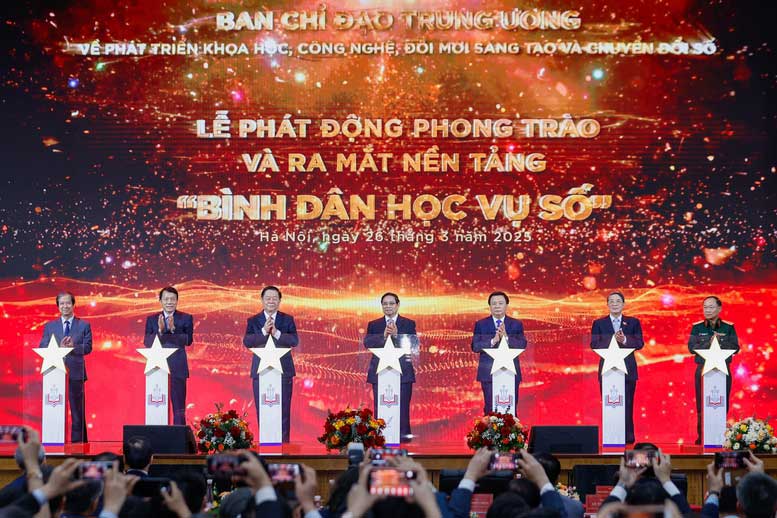 |
| Prime Minister Pham Minh Chinh and delegates perform the launching ceremony of the "Digital Literacy for All" movement - Photo: VGP |
Former Minister Do Trung Ta: I think we are on the right track and need to continue promoting the values that have been affirmed.
In foreign affairs, the Vietnamese Government has demonstrated wisdom, cleverness, and "knowing ourselves and knowing others". We have integrated with the world, becoming friends with many countries to acquire new technology. Vietnam's viewpoint has always been clear: Fair cooperation in the spirit of "win-win".
The Government is also open, transparent, and has built social consensus, especially the Government's "commitment". In the most difficult times of the country, from natural disasters, storms and floods to the COVID-19 pandemic, the image of leaders at all levels always being present promptly, standing side by side with the people has firmly consolidated the trust of the whole society. Let's continue to promote that spirit.
I believe that for each of us, the greatest lesson learned is to have absolute trust in the leadership of the Party - something that has been confirmed by the past 80 years of history. At the same time, in the current context, each individual needs to be aware of his or her responsibilities, constantly innovate, and strive to create efficiency in work, thereby contributing to enhancing the position and prestige of the nation. Only by promoting Vietnamese intelligence together can we bring the country to strong and sustainable development.
Never before have dedication, determination and courage been so highly demanded in entering new and difficult fields.
According to Thu Giang/ baochinhphu.vn
Source: https://baovinhlong.com.vn/kinh-te/202508/nguyen-bo-truong-do-trung-ta-80-nam-nhung-quyet-sach-dot-pha-cua-chinh-phu-tao-nen-ky-tich-phat-trien-1ce2bd7/



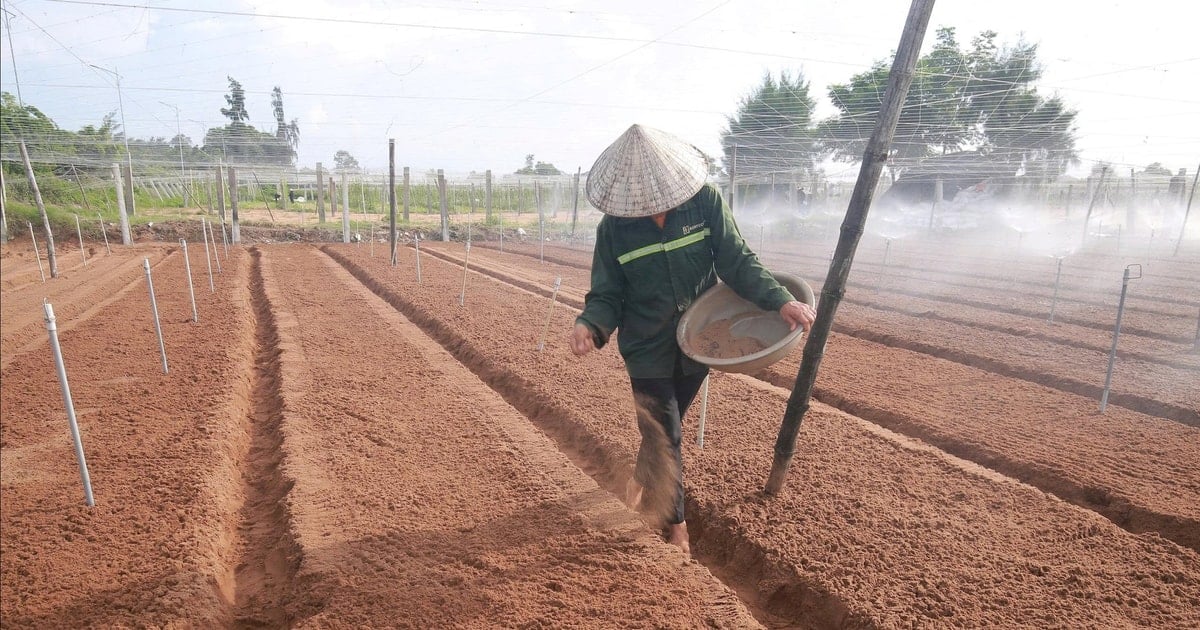
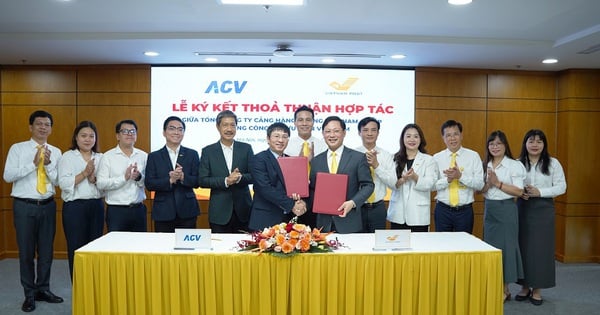


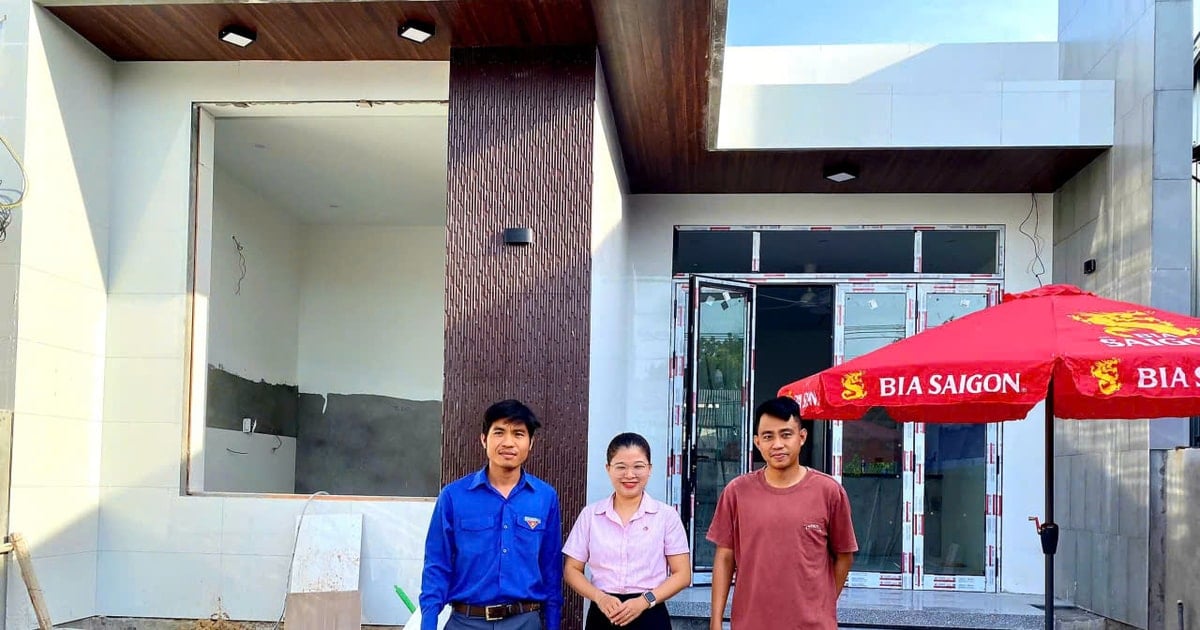


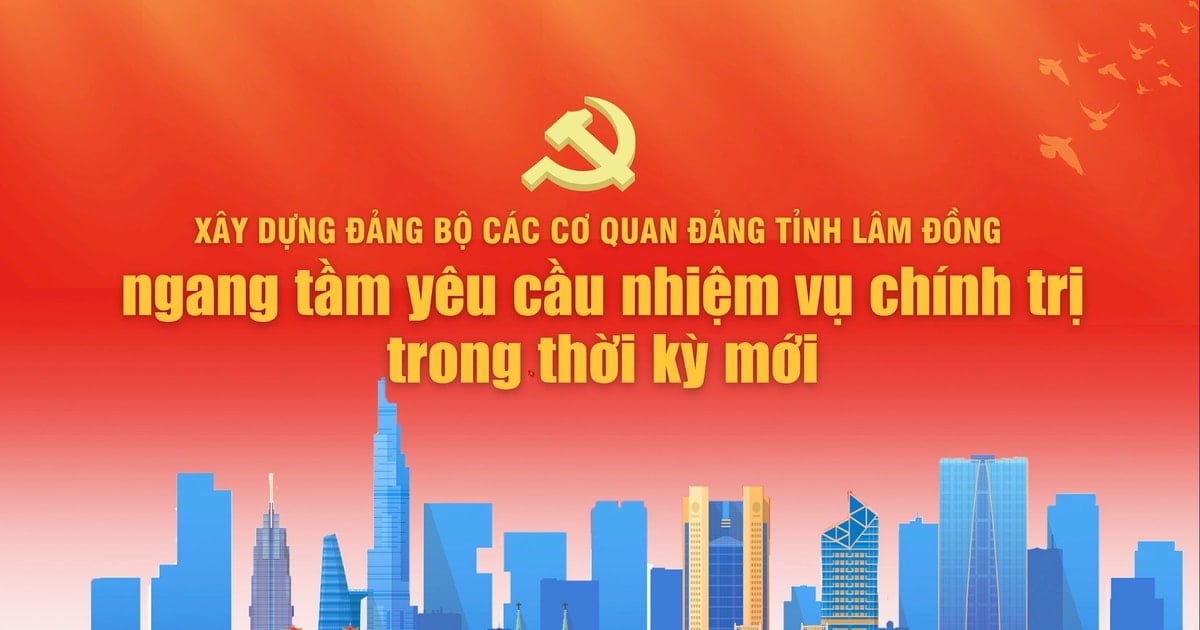














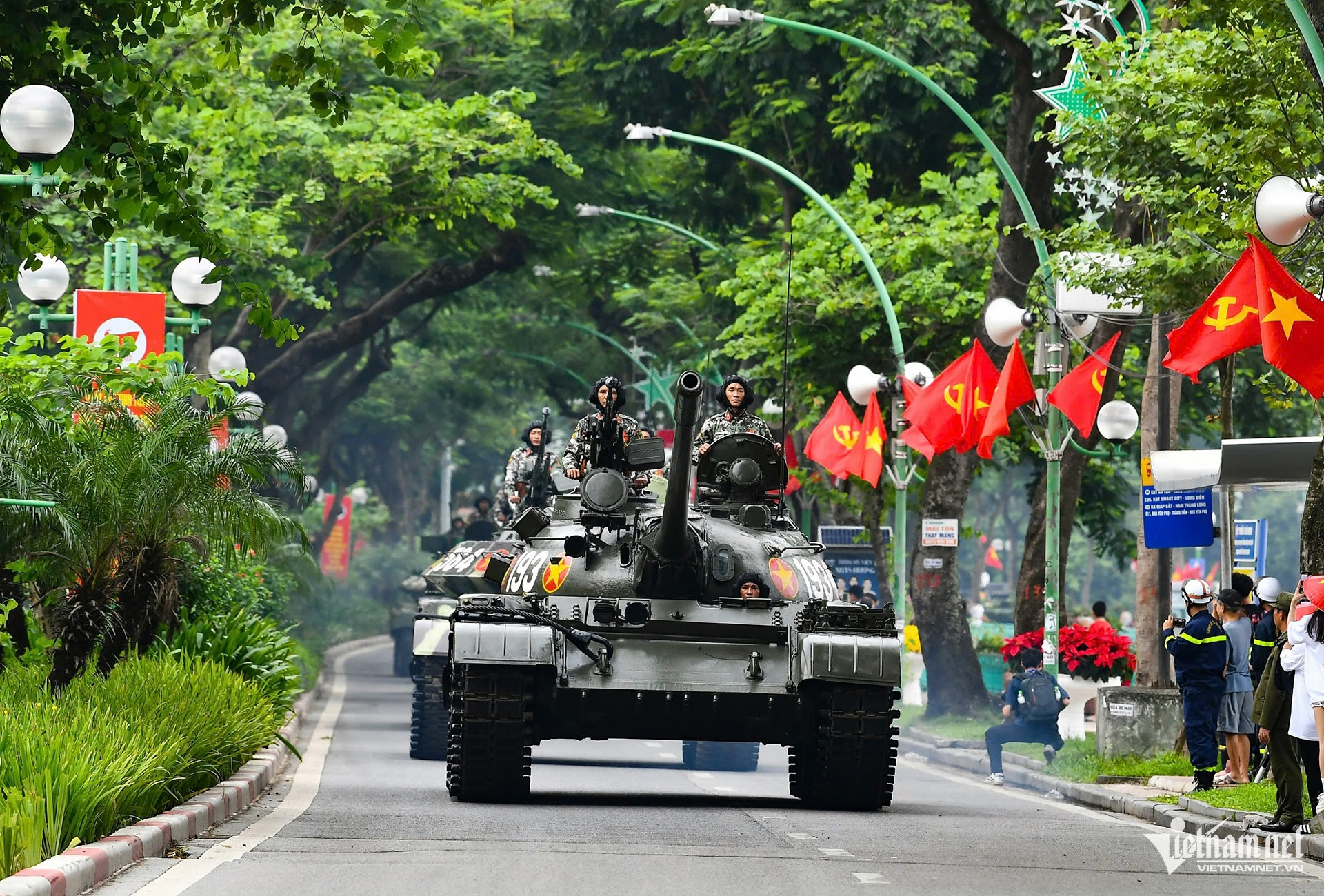


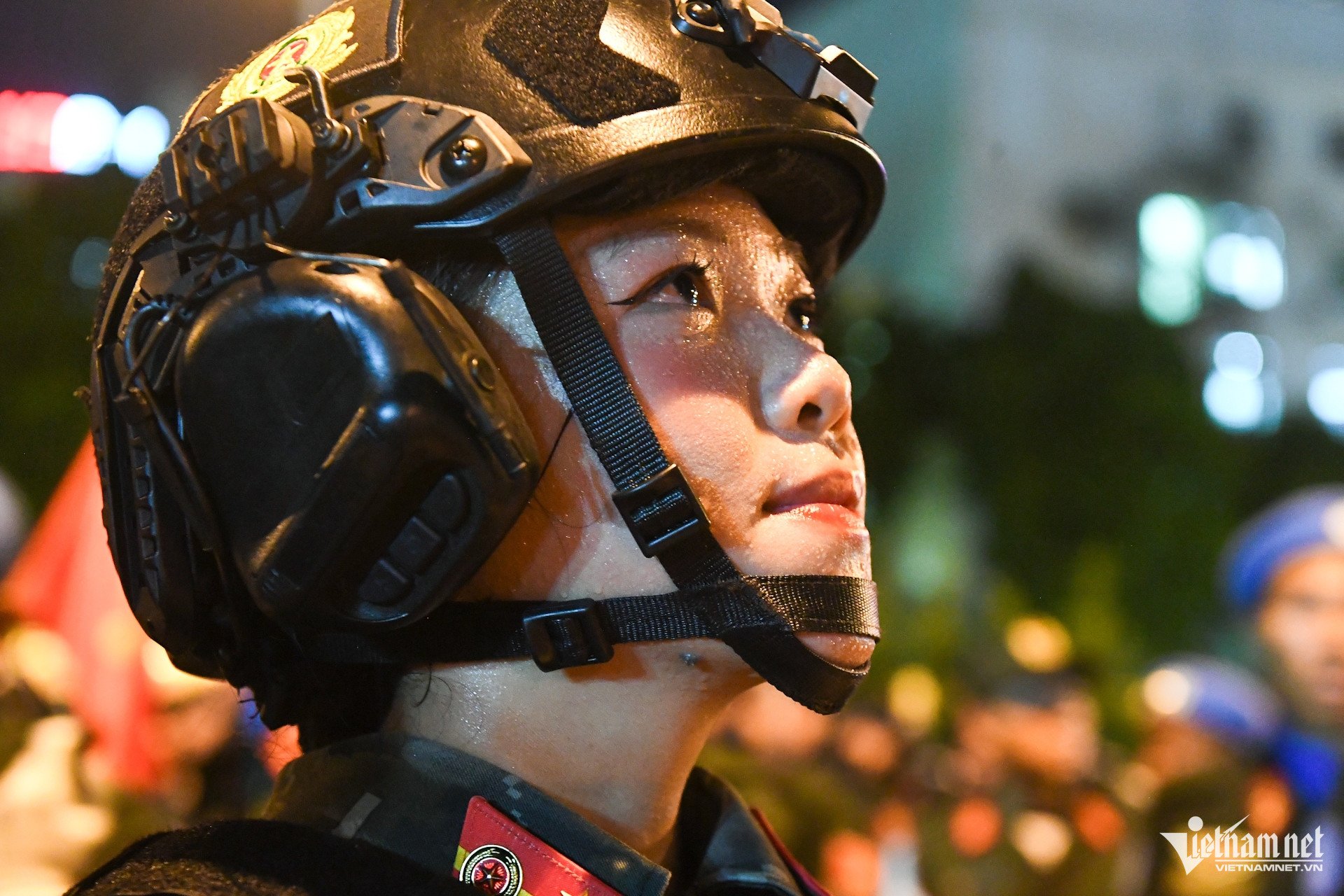


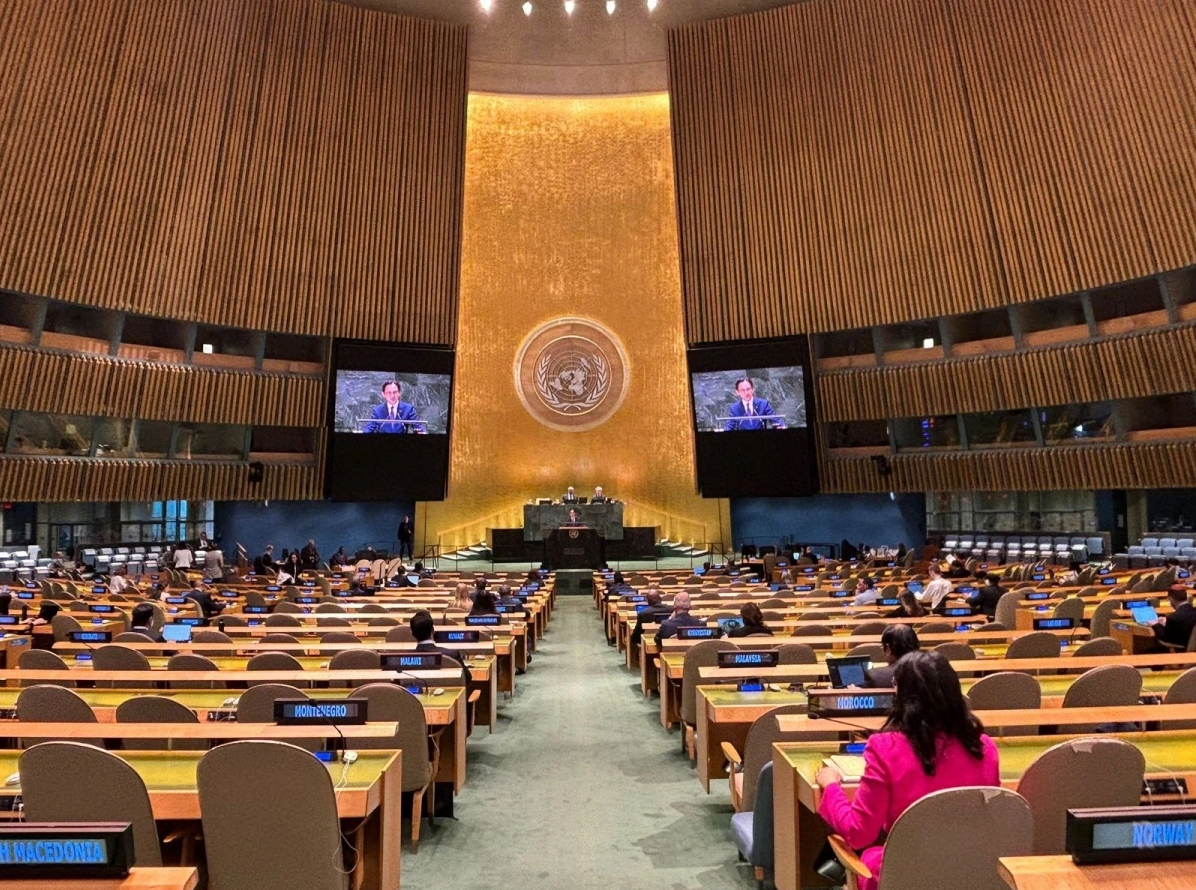
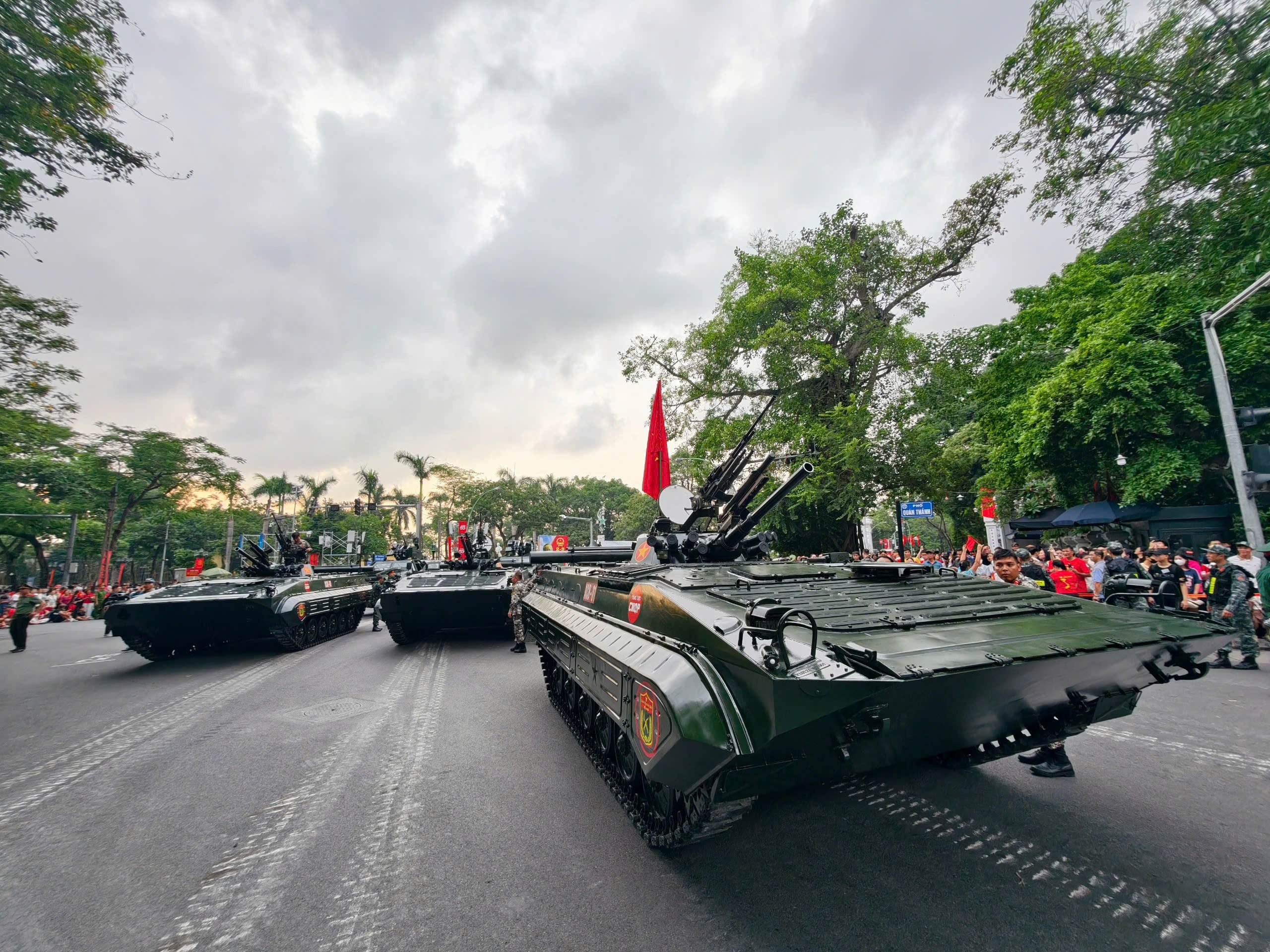












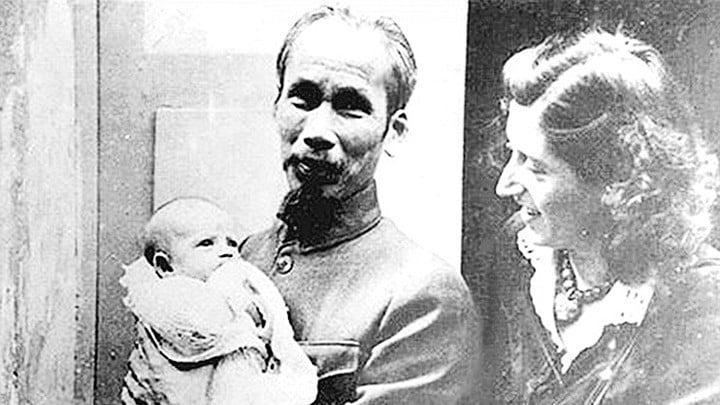

















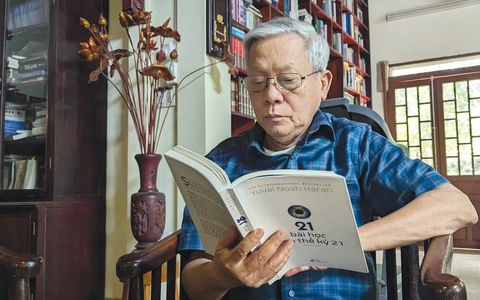
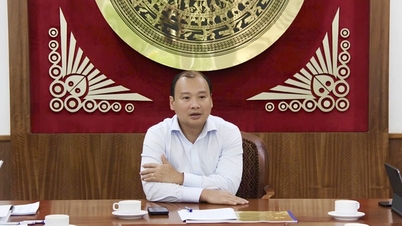

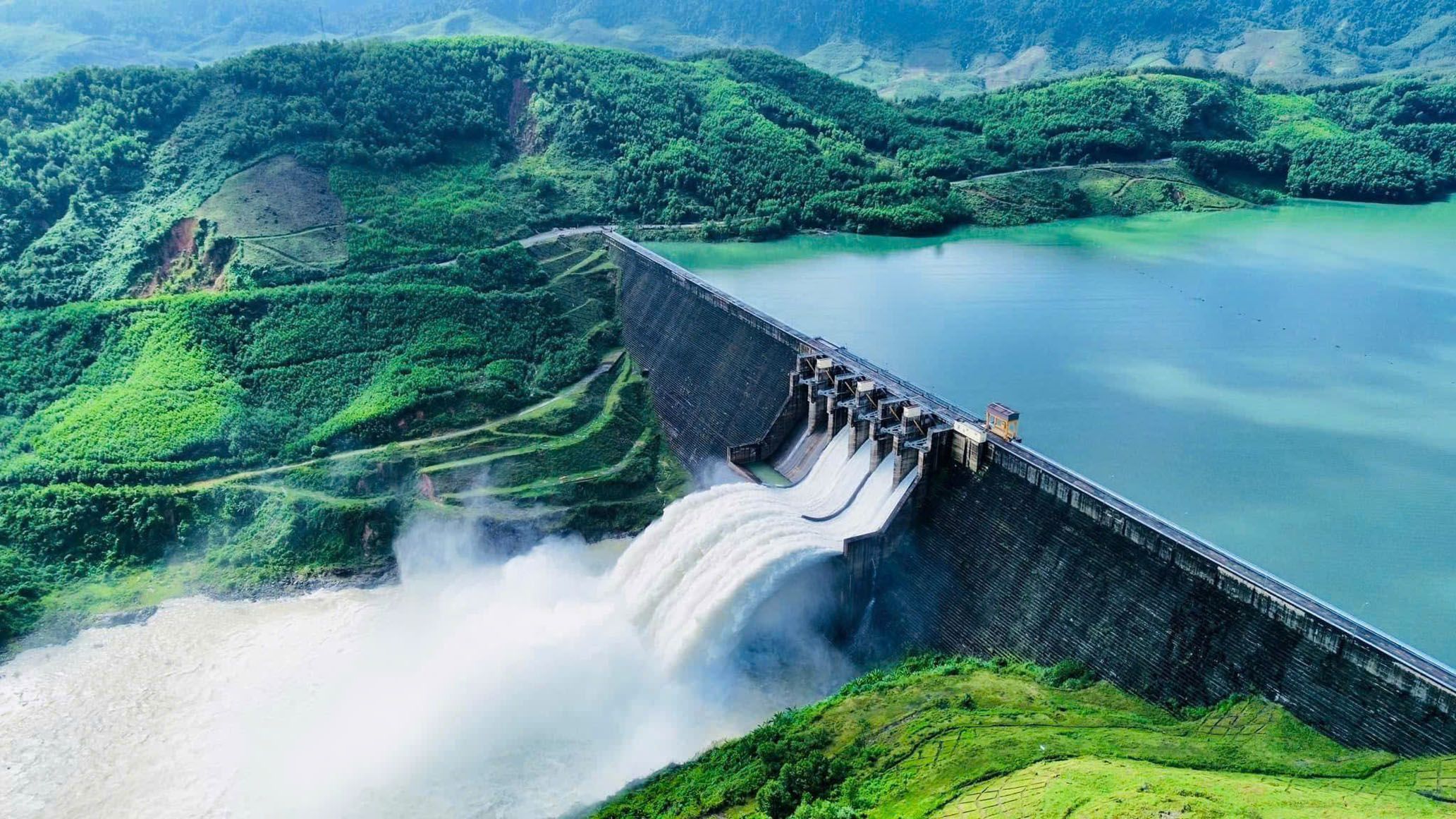






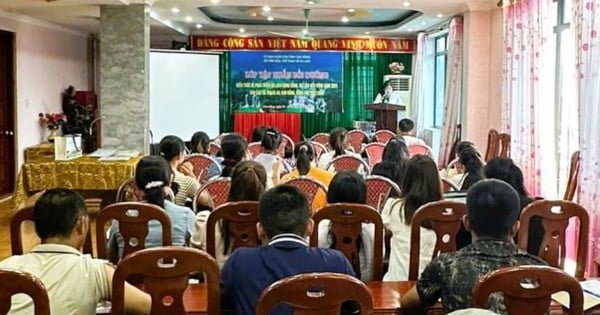
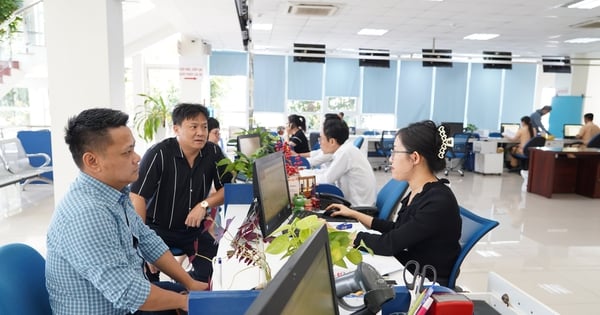














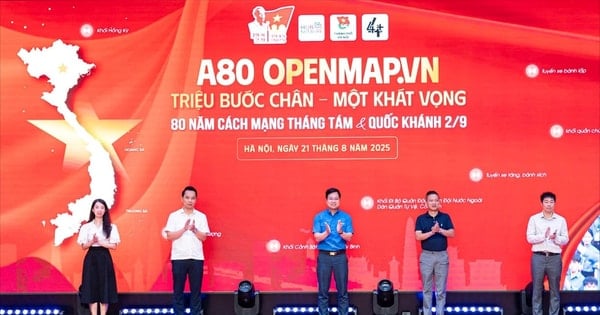

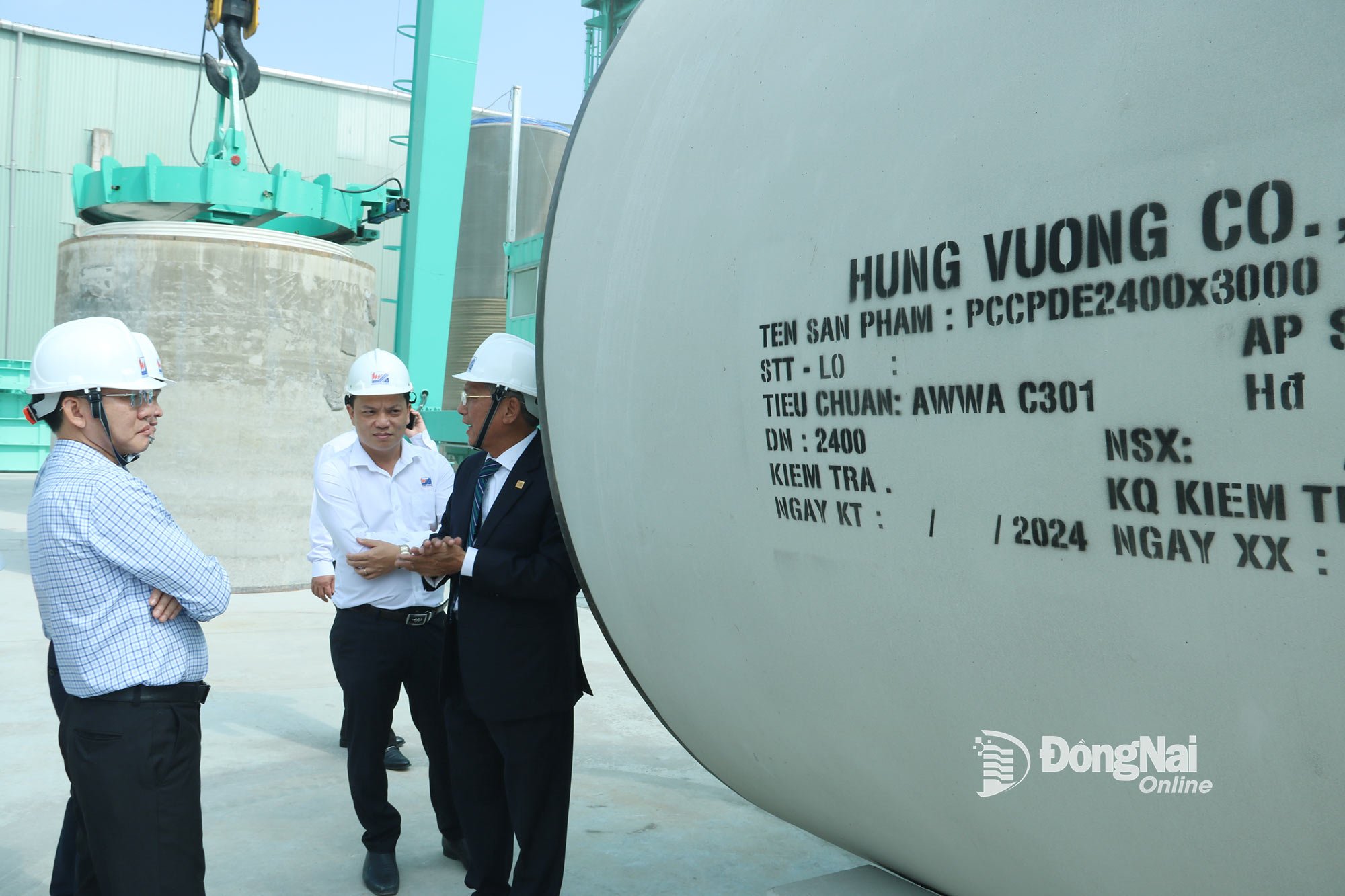






Comment (0)